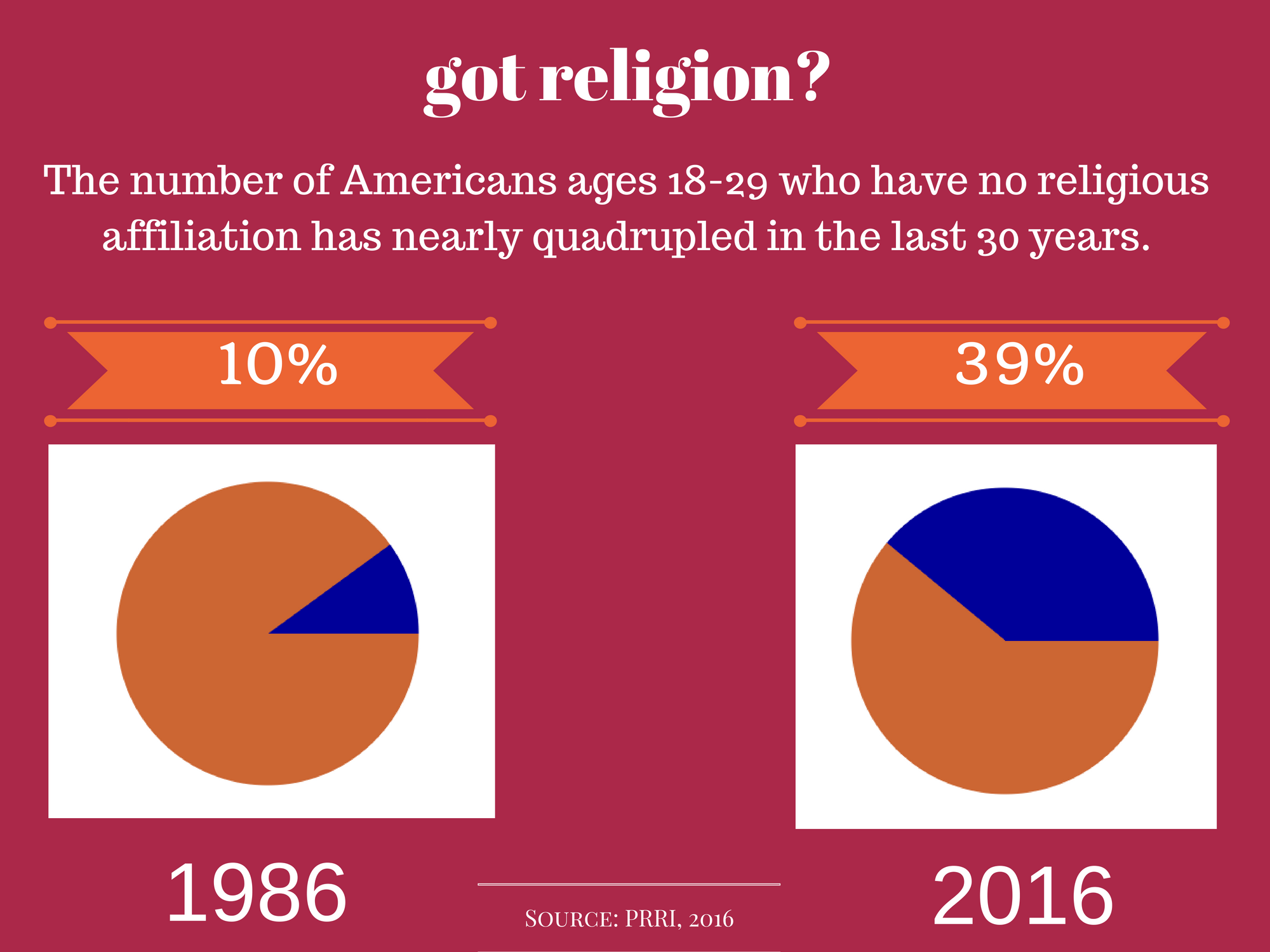Examine The Fascinating Trip Of Catholic Colleges And Their Considerable Contribution To Education And Learning-- Could Their Traditions Be Pivotal For Future Learning?
Examine The Fascinating Trip Of Catholic Colleges And Their Considerable Contribution To Education And Learning-- Could Their Traditions Be Pivotal For Future Learning?
Blog Article
Content Created By-Petersson Bateman
When you think about the background of education, Catholic institutions stand out for their ingrained practices and long lasting impact. These establishments started as a means to impart belief and worths, however they have actually adapted incredibly over centuries. Today, they play a crucial role in shaping not simply scholastic success but also moral integrity. What's fascinating is exactly how they have actually handled to flourish in the middle of changing cultural landscapes, questioning concerning their future relevance and influence.
The Origins of Catholic Education: A Historical Point of view
Catholic education traces its roots back over 1,500 years, when early Christian communities acknowledged the requirement for organized knowing. please click the following webpage 'll discover that these communities intended to pass on their belief and worths with education.
Monasteries and basilica institutions came to be centers of knowing, nurturing both spiritual and intellectual development. As you dive much deeper, you'll see that the educational program usually included approach, faith, and the liberal arts, developed to create well-rounded people.
Gradually, the Church developed more official organizations, ensuring that education stayed available to all. The dedication to teaching moral values and promoting a sense of area has continued through the centuries, forming the academic landscape and affecting plenty of lives worldwide.
This enduring tradition continues to motivate Catholic education today.
The Development of Catholic Schools Through Social Contexts
As societies advanced, so did the role of Catholic colleges, adapting to the social contexts in which they existed. In the early years, these institutions concentrated largely on religious guideline, however as neighborhoods expanded, they began to integrate regional languages, custom-mades, and educational requirements.
You would certainly notice that Catholic colleges commonly became centers for social cohesion, promoting a feeling of belonging among trainees from various backgrounds. In several areas, they attended to societal problems, such as hardship and discrimination, by providing obtainable education and learning for all.
As you check out different cultures, you'll see just how Catholic institutions have moved their educational program and mentor approaches, mirroring the values and challenges of their atmospheres while remaining true to their fundamental objective of faith and scholastic excellence.
The Modern Duty and Effect of Catholic Schools in Culture
In today's world, Catholic institutions play a crucial function in shaping not just the educational landscape, however additionally the broader community.
https://zenwriting.net/season57starla/catholic-schools-and-character-education-fostering-compassion-regard-and 'll find that these organizations highlight worths like regard, concern, and social justice, promoting all-round people who contribute favorably to culture. By focusing on academic quality and ethical growth, Catholic institutions prepare pupils for future difficulties, nurturing vital reasoning and leadership abilities.
They usually serve varied populations, connecting spaces in accessibility to top quality education. Additionally, you might observe their dedication to solution, motivating trainees to participate in area outreach and volunteer work.
This mix of education and ethical advice makes Catholic colleges a considerable pressure, cultivating accountable people who can influence their areas for the better.
Conclusion
In conclusion, Catholic institutions have an abundant history that's formed their enduring impact on society. You have actually seen just how they have actually adjusted to various cultural contexts while preserving a commitment to belief, values, and scholastic quality. Today, they remain to play an essential function in fostering community, advertising social justice, and nurturing responsible residents. As you assess their tradition, it's clear that Catholic colleges continue to be a powerful force for positive change worldwide.
